
Benjamin Sachs is the Kestnbaum Professor of Labor and Industry at Harvard Law School and a leading expert in the field of labor law and labor relations. He is also faculty director of the Center for Labor and a Just Economy. Professor Sachs teaches courses in labor law, employment law, and law and social change, and his writing focuses on union organizing and unions in American politics. Prior to joining the Harvard faculty in 2008, Professor Sachs was the Joseph Goldstein Fellow at Yale Law School. From 2002-2006, he served as Assistant General Counsel of the Service Employees International Union (SEIU) in Washington, D.C. Professor Sachs graduated from Yale Law School in 1998, and served as a judicial law clerk to the Honorable Stephen Reinhardt of the United States Court of Appeals for the Ninth Circuit. His writing has appeared in the Harvard Law Review, the Yale Law Journal, the Columbia Law Review, the New York Times and elsewhere. Professor Sachs received the Yale Law School teaching award in 2007 and in 2013 received the Sacks-Freund Award for Teaching Excellence at Harvard Law School. He can be reached at [email protected].
Harvard University’s graduate student union (HGSU-UAW) has announced that they will hold a strike authorization vote beginning October 15. A two-thirds vote of the membership will allow the negotiating committee to call a strike. I thought it might be useful to reiterate two very basic points in the lead-up to the authorization vote and possible strike.
First, the fact that the Trump NLRB has issued a Notice of Proposed Rulemaking, which could eventually deprive graduate student TAs and RAs of their status as employees, has no bearing on the legal status of the current strike vote or the potential strike. Under current law, the graduate students in the union are employees and are fully protected by federal labor law.
Second, employees – including the students in HGSU-UAW – enjoy a federally protected right to strike. The strike vote and the strike it could authorize are “concerted activities for . . . mutual aid or protection,” which, under federal labor law, are legally insulated from retaliatory action. This means that no student can legally be subject to retaliation for participating in the strike vote, for voting to authorize a strike, or for striking – as the University’s own guidance on the question makes clear. Importantly, labor law protects against even subtle forms of retaliation – for example, changes in work assignments or less favorable references.
Everyone is entitled to their view on the merits of such a strike. But, as a legal matter, no adverse action may be taken against students who exercise their right to authorize or participate in it.
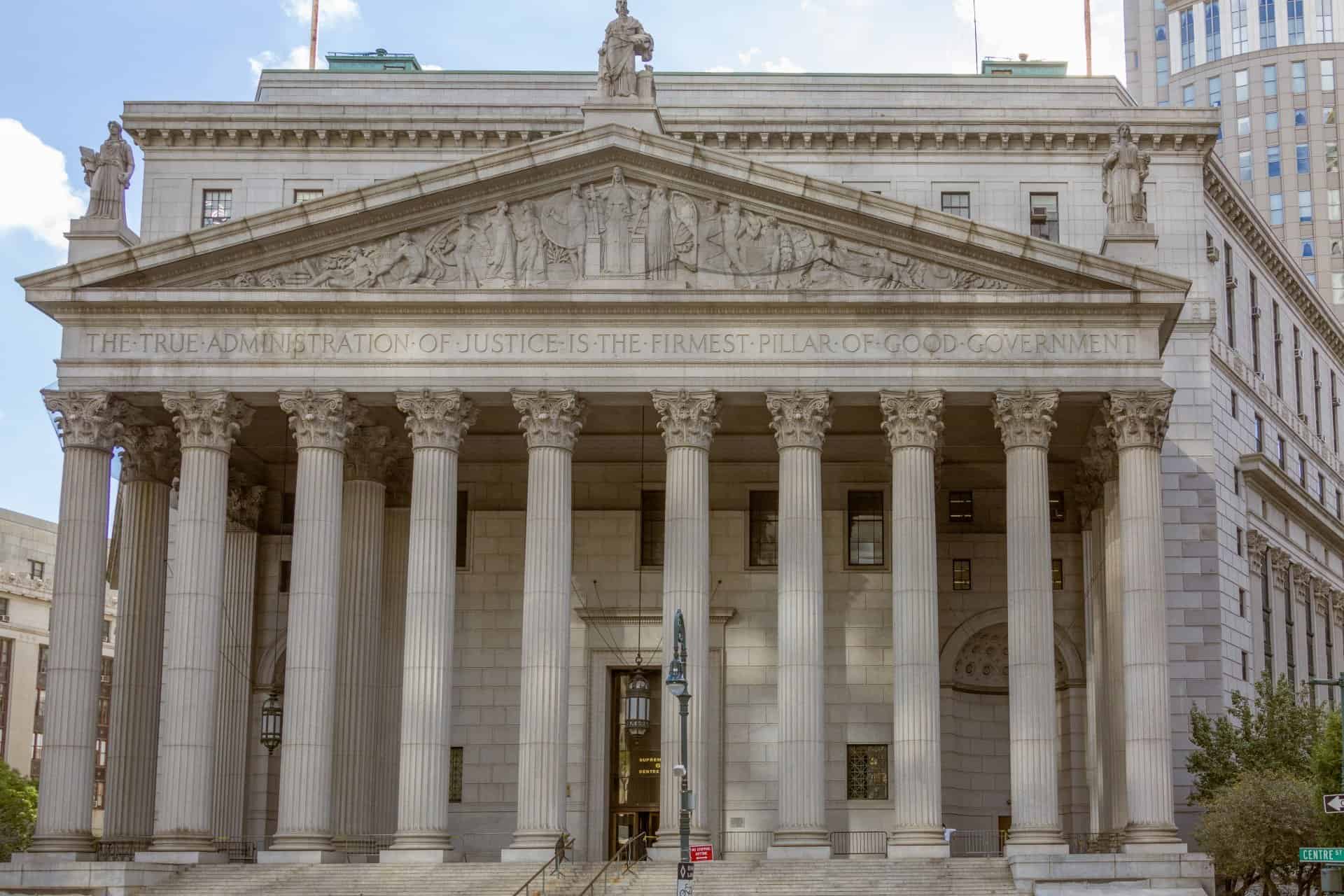
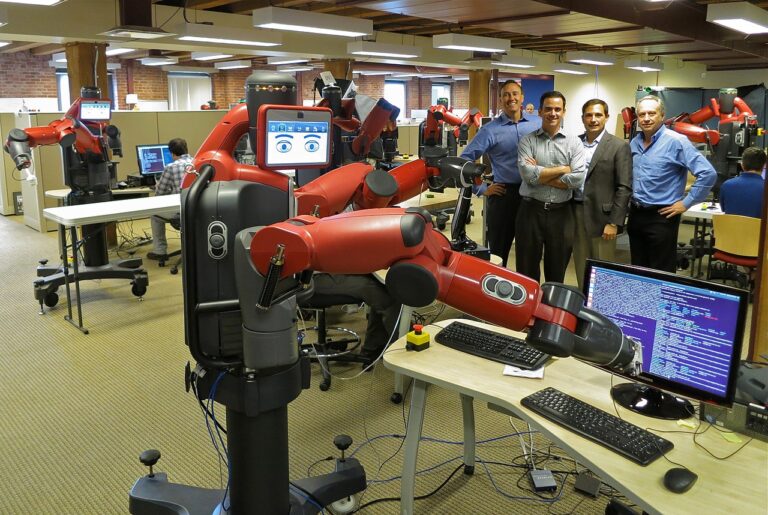

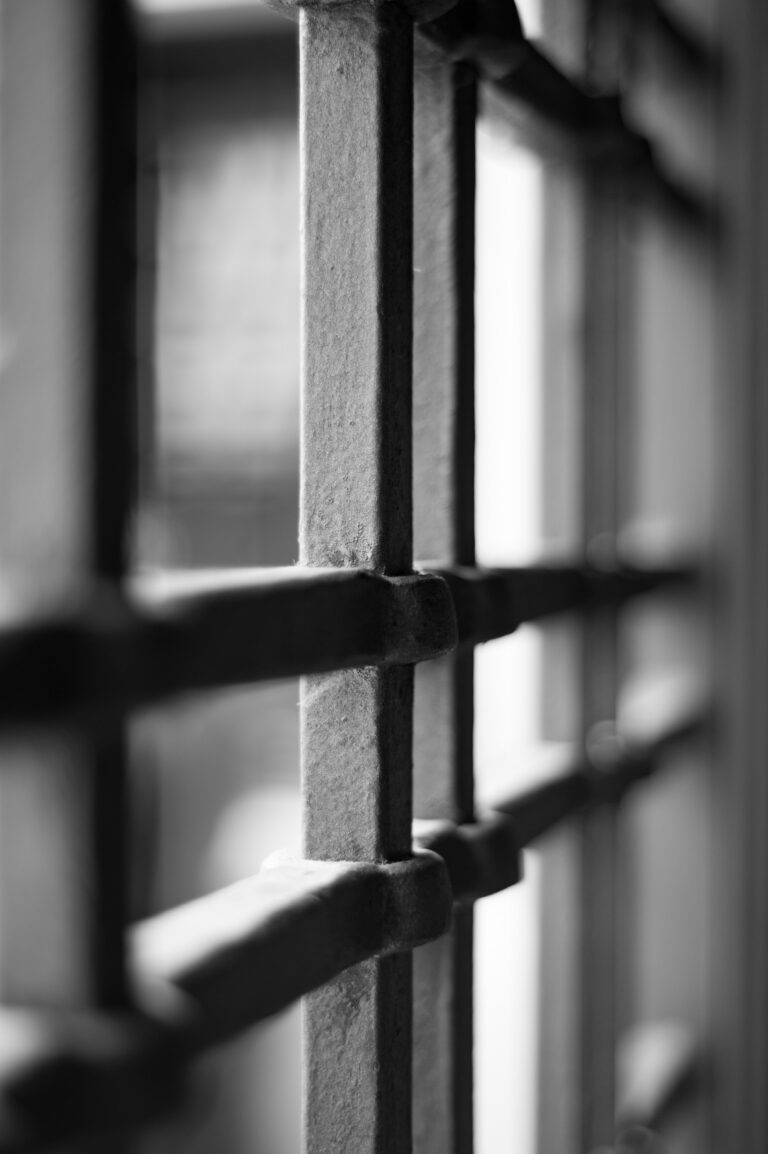
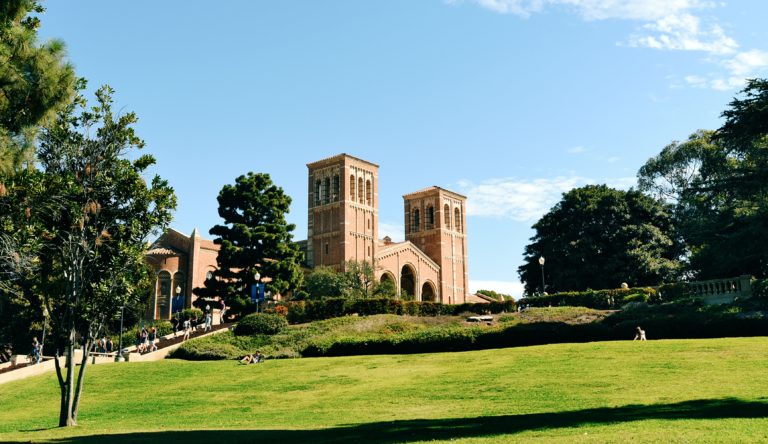

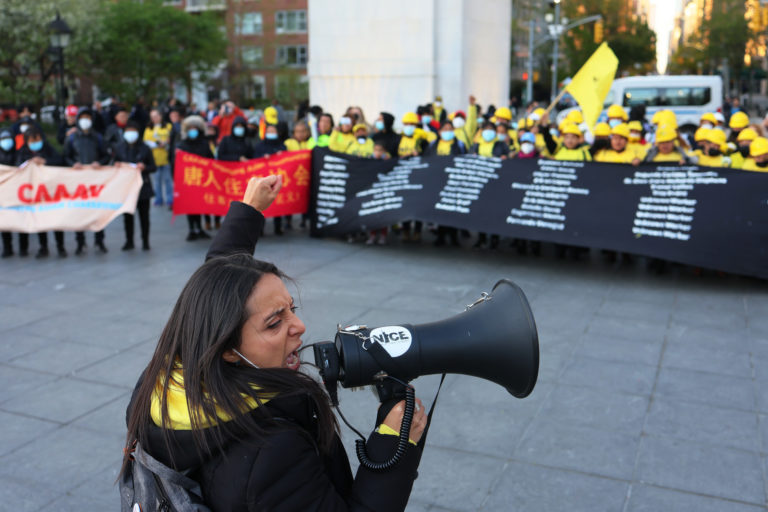



Daily News & Commentary
Start your day with our roundup of the latest labor developments. See all
December 19
Labor law professors file an amici curiae and the NLRB regains quorum.
December 18
New Jersey adopts disparate impact rules; Teamsters oppose railroad merger; court pauses more shutdown layoffs.
December 17
The TSA suspends a labor union representing 47,000 officers for a second time; the Trump administration seeks to recruit over 1,000 artificial intelligence experts to the federal workforce; and the New York Times reports on the tumultuous changes that U.S. labor relations has seen over the past year.
December 16
Second Circuit affirms dismissal of former collegiate athletes’ antitrust suit; UPS will invest $120 million in truck-unloading robots; Sharon Block argues there are reasons for optimism about labor’s future.
December 15
Advocating a private right of action for the NLRA, 11th Circuit criticizes McDonnell Douglas, Congress considers amending WARN Act.
December 12
OH vetoes bill weakening child labor protections; UT repeals public-sector bargaining ban; SCOTUS takes up case on post-arbitration award jurisdiction